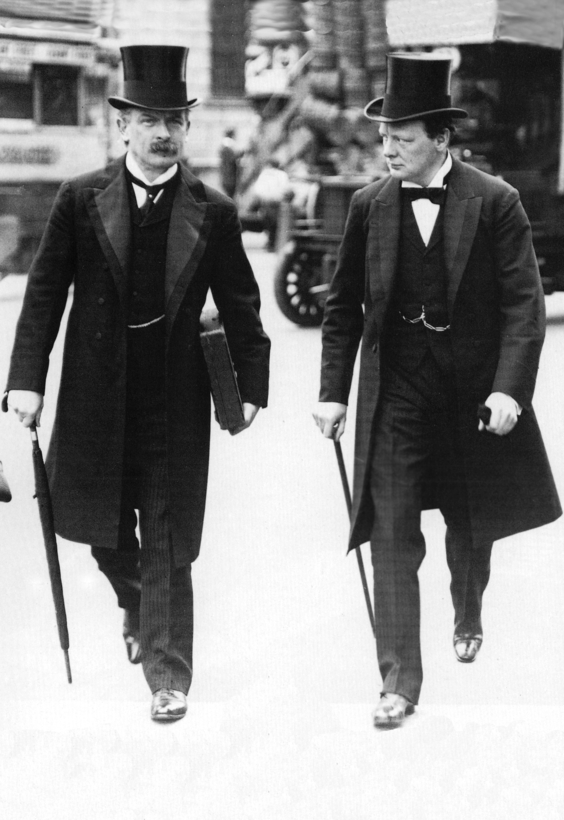Staring at God: Britain in the Great War by Simon Heffer
“This war has caught us at our worst,” recorded Margot Asquith on October 26, 1914, almost three months after Britain had entered the Great War, “and now that shrapnel is killing an entire generation, we are left staring at God.”
Although the wife of Britain’s prime minister, HH Asquith, was never knowingly understated, her words captured the shock of the first global industrialised conflict. The First World War has a good claim to be the greatest turning point in world history, shattering the German and Austro-Hungarian empires, exhausting France and Britain, bringing communism to power in Russia and stoking the hatreds that would bring forth Nazism.

